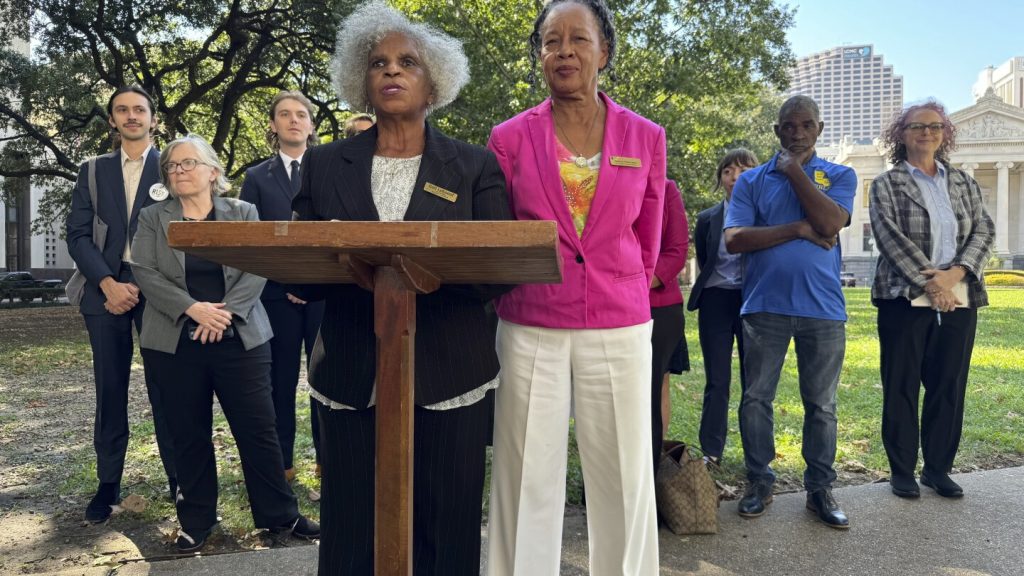A federal appellate court is currently reviewing a civil rights lawsuit alleging that St. James Parish in south Louisiana engaged in racist land-use policies to place polluting industries in majority-Black communities. The lawsuit, filed by community groups including Inclusive Louisiana, Rise St. James, and Mt. Triumph Baptist Church, claims that the parish intentionally discriminated against Black residents by encouraging industrial facilities to be built in areas with predominantly Black populations while sparing White residents from the risk of environmental harm. The groups are seeking a halt to future industrial development in the parish, citing health impacts from pollution, diminished property values, and violations of religious liberty.
According to the plaintiffs, 20 out of 24 industrial facilities in the parish were located in sections with majority-Black populations when the complaint was filed in March 2023. The parish is situated along the Mississippi River between New Orleans and Baton Rouge, known as the Chemical Corridor or “Cancer Alley” due to high levels of suspected cancer-causing pollution emitted in the area. The lawsuit is part of a growing movement addressing environmental racism, especially in areas with predominantly Black communities.
During oral arguments at the Fifth U.S. Circuit Court of Appeals in New Orleans, skepticism was raised about the dismissal of the lawsuit by U.S. District Judge Carl Barbier in 2023. Barbier ruled that the plaintiffs had filed their lawsuit too late under statute of limitations laws, even though their claims had a basis in fact and legal theory. The plaintiffs argued that the 2014 land-use plan of the parish, which shielded white neighborhoods from industrial development while designating majority-Black sections as “future industrial” sites, amounted to racial discrimination.
The lawsuit also highlights additional instances of discrimination, such as the moratorium on large solar complexes imposed by the parish in response to concerns raised by a mostly white neighborhood, contrasting with the lack of action on a similar request for a moratorium on heavy industrial expansion raised by the plaintiffs. Moreover, the plaintiffs allege that the parish failed to protect burial sites of enslaved people, allowing industrial facilities to be built on these areas and preventing descendants from memorializing the sites. The lawsuit seeks to address ongoing structural racism in the parish’s land-use practices.
The parish’s lawyer argued that residents had ample opportunity to challenge the 2014 land-use plan when it was being formulated and questioned why officials representing majority-Black areas would vote to discriminate against themselves. However, the plaintiffs contend that the approval of discriminatory measures by government officials does not negate the impact on affected communities. The lawsuit contends that the land-use system in St. James Parish perpetuates a history of slavery, white supremacy, and Jim Crow laws, resulting in ongoing environmental and civil rights violations.
The outcome of the lawsuit is being closely watched by environmental justice advocates and communities nationwide who are seeking acknowledgment and accountability for the impacts of environmental racism. The plaintiffs, represented by the Center for Constitutional Rights, argue that the parish’s land-use practices disproportionately harm Black communities and perpetuate racial discrimination. As the case moves through the appellate process, the decision by the Fifth U.S. Circuit Court of Appeals will have far-reaching implications for addressing environmental injustice and ensuring equitable land-use policies in communities across the country.















